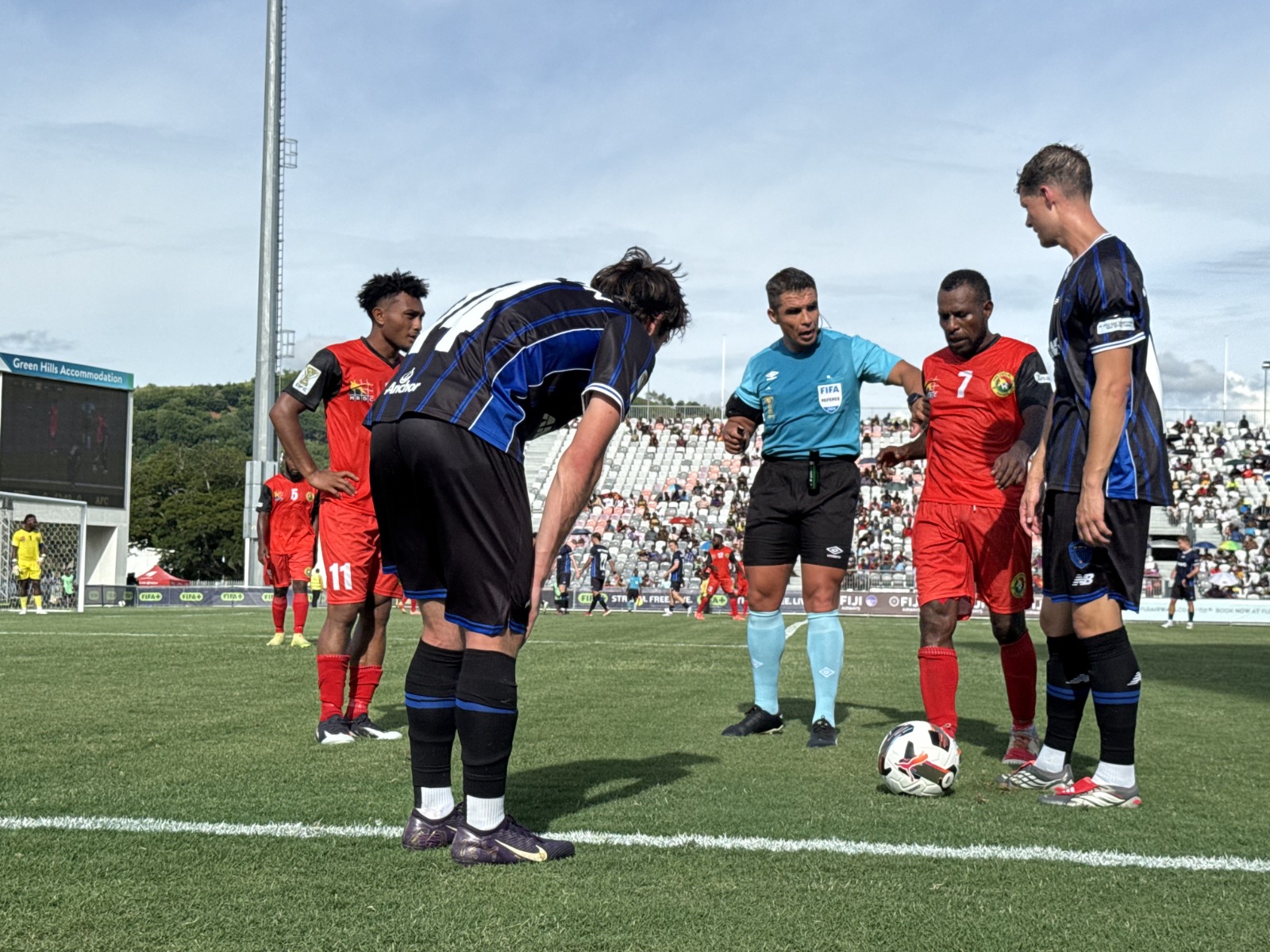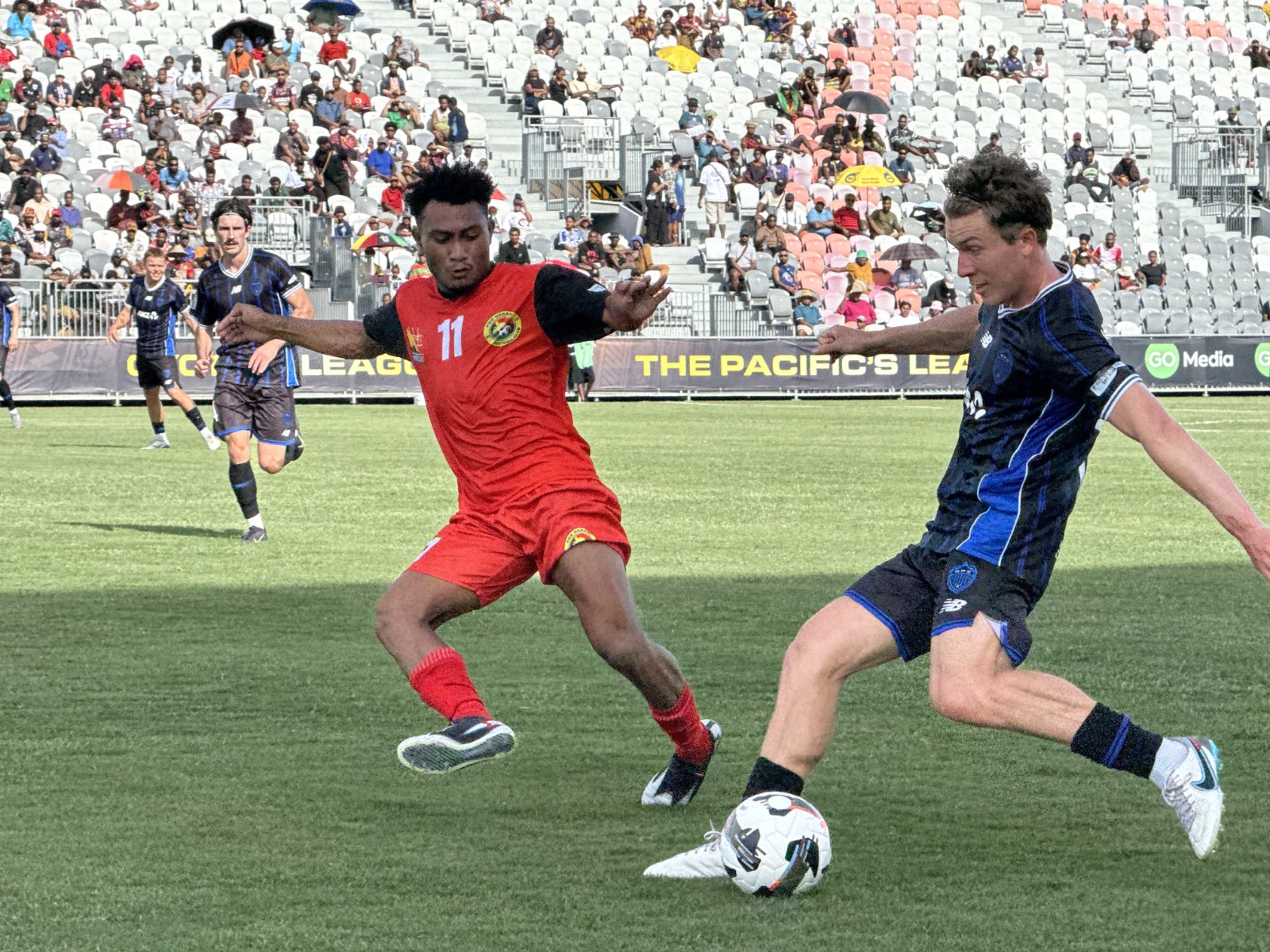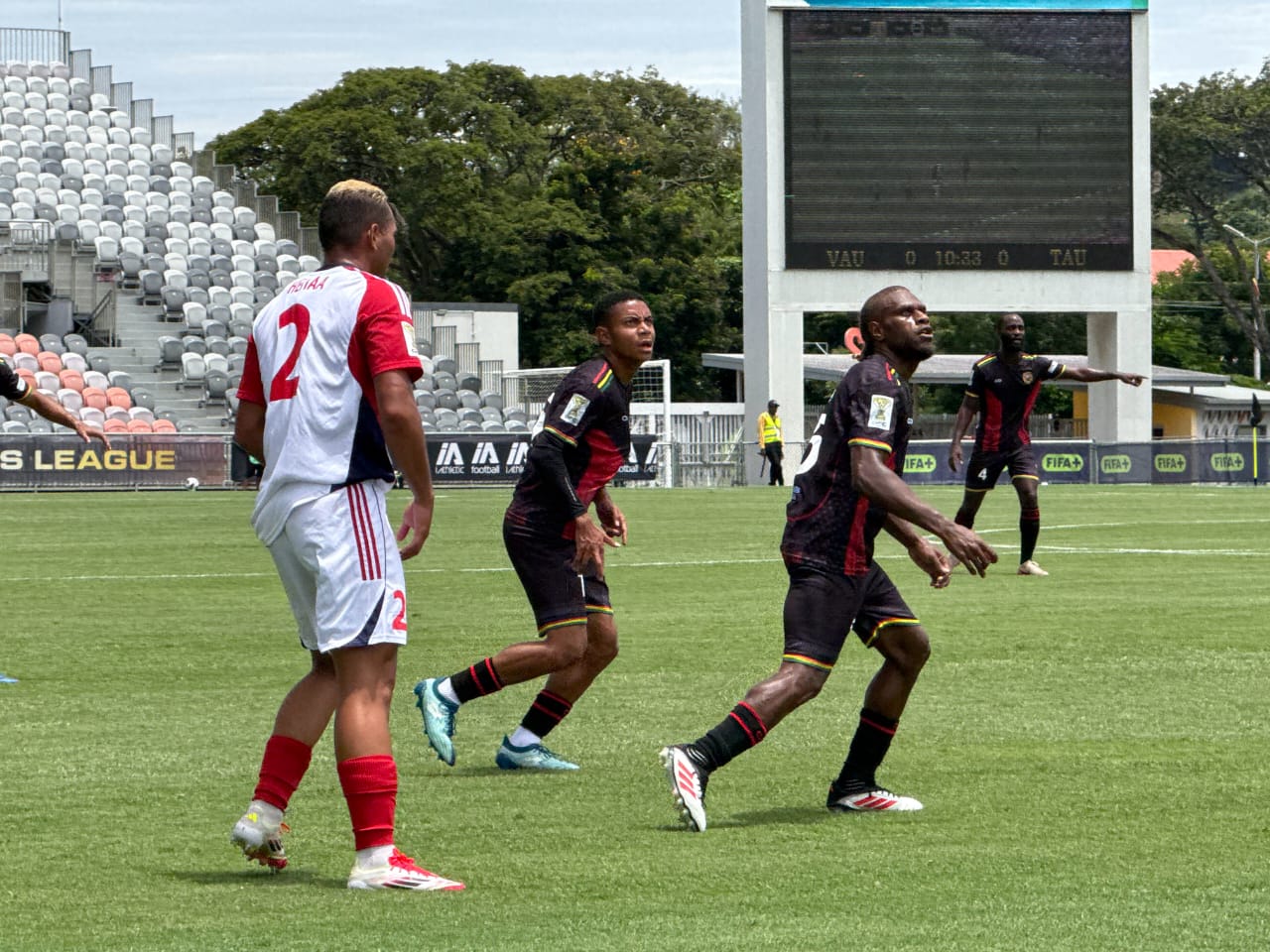Along the Kokoda track live some of the most remote communities in PNG, which can only be accessed on foot or by helicopter. The delivery of healthcare services to these communities is a huge logistical challenge.
However, COVID-19 does not spare anyone and the health and economic impacts of the pandemic have affected these areas too, and misinformation about vaccines has also spread widely.
For this reason, the National Department of Health, the Central and Oro Provincial Health Authorities, the SDA Health Services and UNICEF with support from the Australian Government through the Kokoda Initiative are ensuring COVID-19 vaccine doses are rolled out to Kokoda Track communities, providing them with accurate information to make informed discussion and the opportunity to access the vaccine easily.
The rollout forms part of the shared commitment by both the PNG and Australian governments to protect the health of communities in the Kokoda Track region, in recognition of Kokoda in forging the bonds and enduring friendship between the two countries.
Firstly, awareness sessions were held to address concerns and counter misinformation, with over 100 community and church leaders, ward councillors, teachers, health workers and village health volunteers.
These community leaders, equipped with educational materials including videos, shared information on the benefits of vaccination to address concerns in 63 Kokoda Track catchment area villages through community outreach meetings with families and households.
The rollout has now started to bring vaccines directly to remote communities in the region and more than 700 local people have been vaccinated in the Sogeri, Efogi and Kokoda catchments.
Efogi-based teacher, William Iga, had initially decided against vaccination because of online misinformation, but changed his mind after the awareness session:
“As a teacher I felt it was important because I deal and interact with children,” Mr Iga said. “They come from different homes and I might be a threat to them or vice-versa.”
“I decided to screen the video for the SDA church members to see and I can talk to them about the importance of the vaccine which will hopefully convince many to be vaccinated.”
Depo Ward councillor Billy Iwai, who was infected and has recovered from COVID-19, chose to be vaccinated at the Sogeri session.
“As a leader in the community I must be vaccinated first before I speak to my community so that they must know and follow what their leader has done,” Mr Iwai said.
“I am the first to be vaccinated in the community, as well as the first in my family.
In Efogi, church prayer coordinator and former village health volunteer Regina Bradley was vaccinated after listening to information from the awareness team.
“I have medical problems and I thought if I get COVID-19 and I might die,” Ms Bradley said.
Kokoda Track Authority chief executive Julius Wargirai and 20 KTA trainee rangers, funded by the Kokoda Initiative, also received their vaccinations during the recent rollout.
“I wanted to show our trainee rangers, local people and community leaders that the vaccine is safe and is critical for the trekking industry to recommence in the future,” Mr Wargirai said.
The vaccine rollout is being delivered as part ongoing quarterly Kokoda Initiative maternal and child health patrols.







